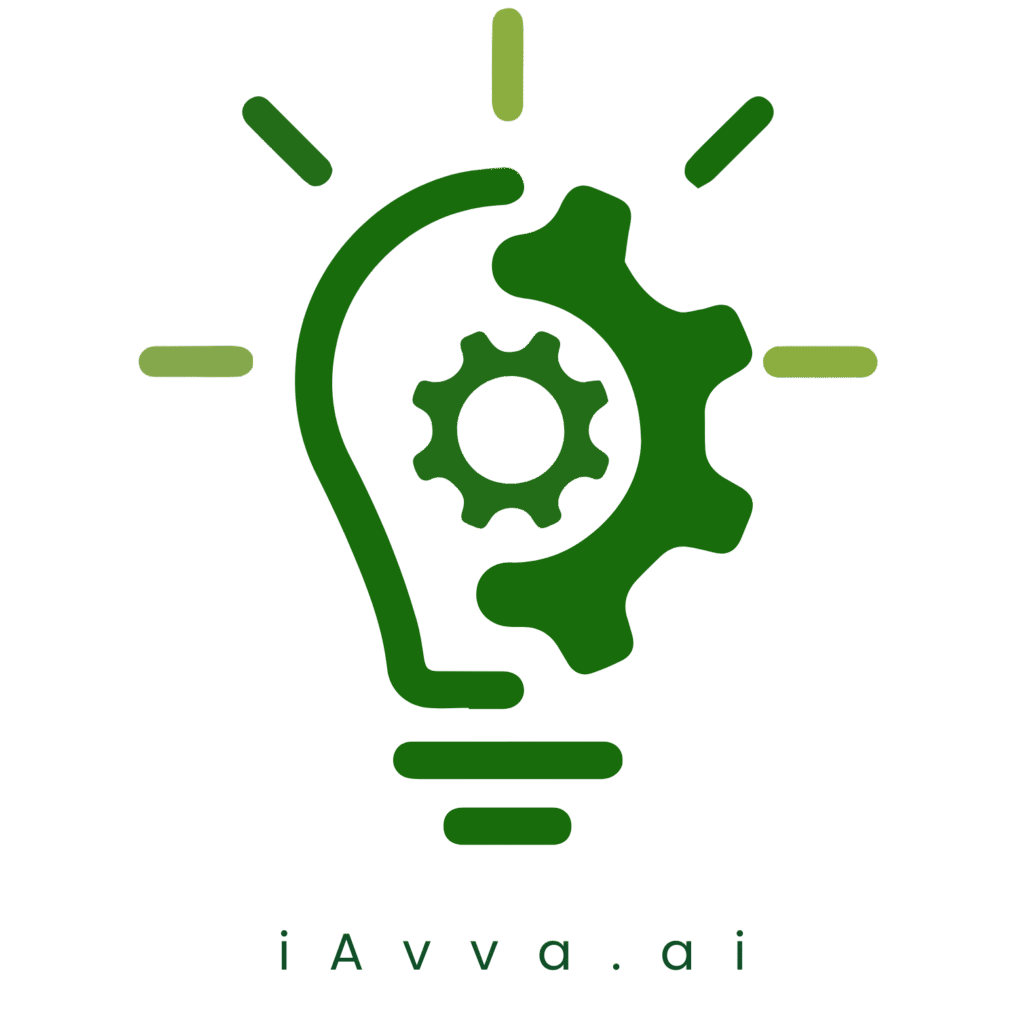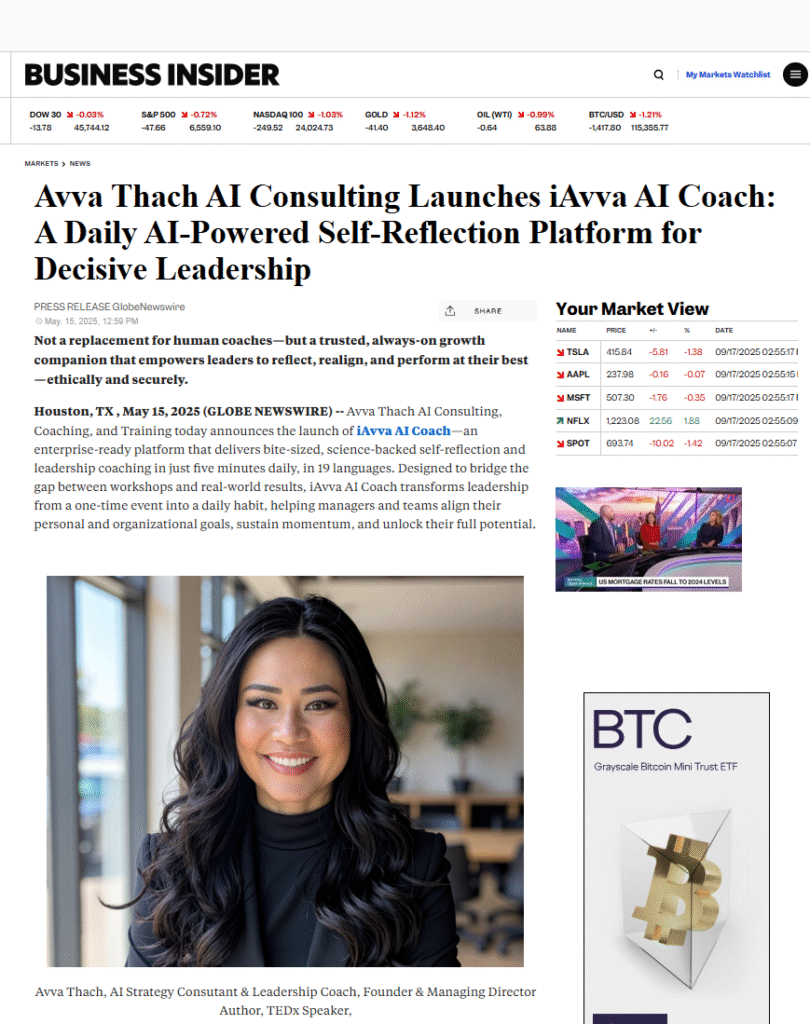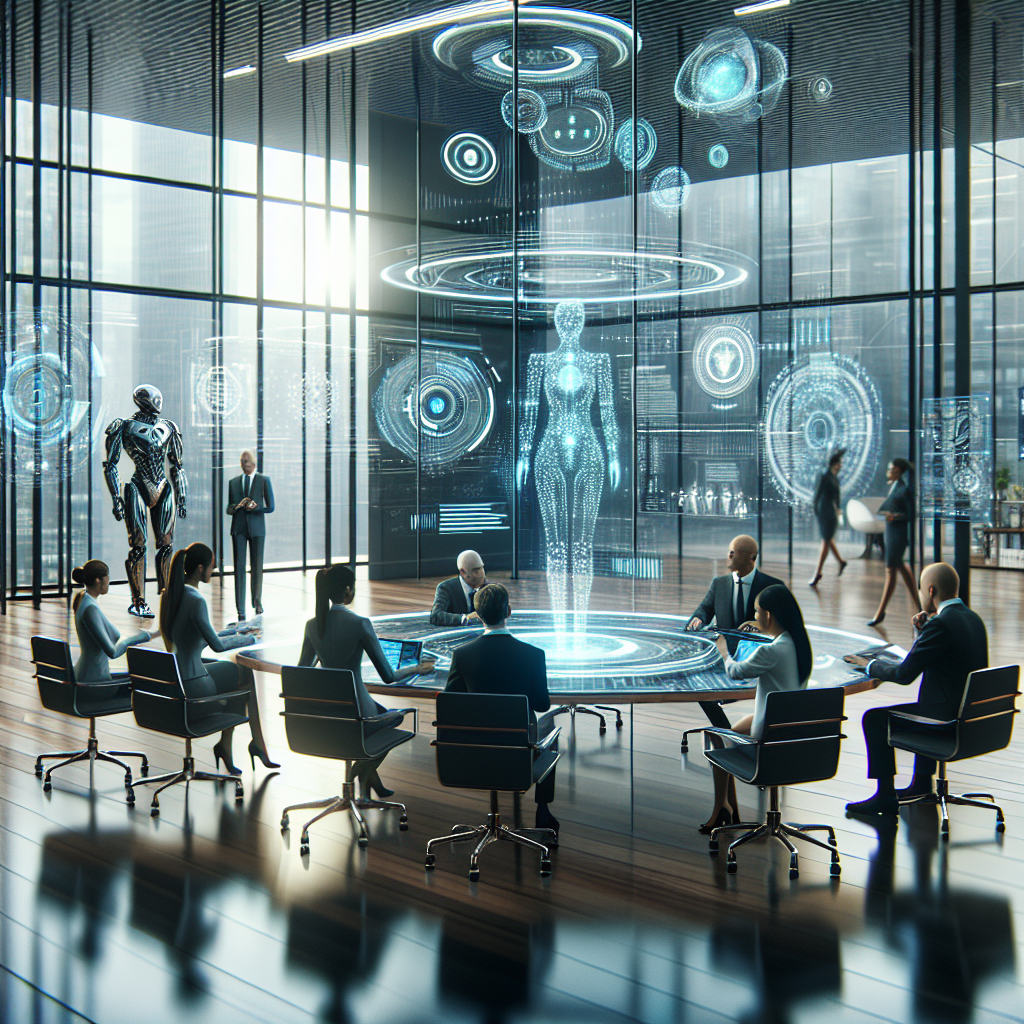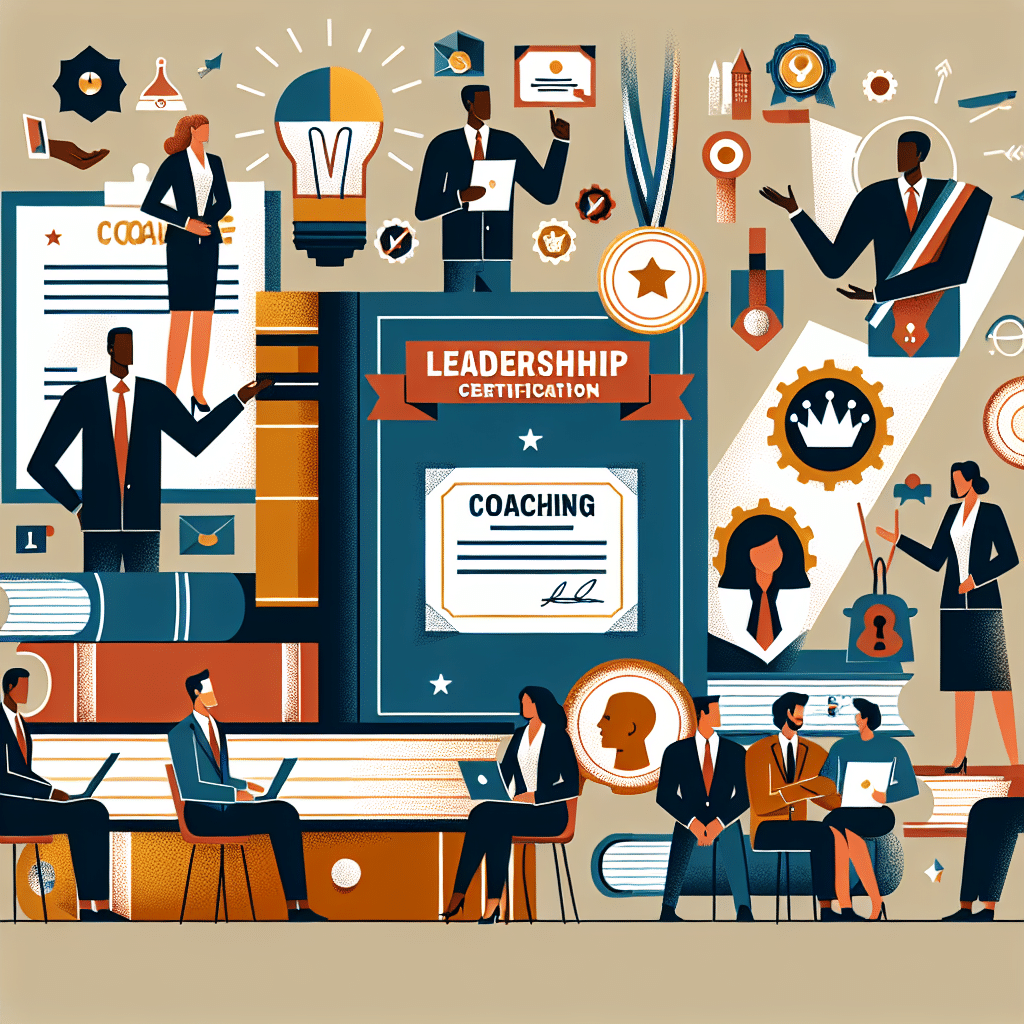Artificial Intelligence (AI) has transitioned from a niche area of research to a transformative force that is reshaping industries, economies, and societies. At its core, AI refers to the simulation of human intelligence processes by machines, particularly computer systems. These processes include learning, reasoning, problem-solving, perception, and language understanding.
The evolution of AI has been marked by significant milestones, from early rule-based systems to today’s sophisticated machine learning algorithms that can analyze vast amounts of data and make predictions with remarkable accuracy. As we stand on the brink of what many are calling the “Augmentation Era,” it is essential to understand not only what AI is but also how it can be harnessed to enhance human capabilities rather than replace them. The narrative surrounding AI often oscillates between excitement and anxiety.
While the potential for innovation is immense, so too are the fears of job displacement and ethical dilemmas. However, as we delve deeper into the capabilities of AI, it becomes clear that the true power of this technology lies in its ability to augment human intelligence. Rather than viewing AI as a competitor, we should embrace it as a partner—an engine that can propel us toward new heights of creativity, efficiency, and insight.
This partnership between human intelligence and artificial intelligence is not just a possibility; it is an imperative for organizations aiming to thrive in an increasingly complex landscape. For the latest tech gadgets, Visit iAvva Store today.
Key Takeaways
- Artificial Intelligence (AI) is rapidly advancing and transforming multiple industries.
- AI has significant potential implications, including ethical challenges that require careful consideration.
- AI is reshaping the job market, creating new opportunities while disrupting traditional roles.
- Key sectors like healthcare, education, transportation, and warfare are being profoundly impacted by AI innovations.
- Responsible development and ethical guidelines are essential to harness AI’s full potential safely and effectively.
Current Advancements in Artificial Intelligence
The advancements in AI technology over the past decade have been nothing short of revolutionary. Breakthroughs in machine learning, particularly deep learning, have enabled systems to process and analyze data at unprecedented speeds and scales. Natural language processing (NLP) has made significant strides, allowing machines to understand and generate human language with remarkable fluency.
Computer vision technologies have also evolved, enabling machines to interpret and respond to visual data in ways that were once thought to be the exclusive domain of humans. These advancements are not merely academic; they are being applied across various sectors, driving efficiency and innovation. In addition to these technical advancements, the accessibility of AI tools has democratized their use.
Cloud-based platforms and open-source frameworks have lowered the barriers to entry for organizations of all sizes. Companies can now leverage powerful AI capabilities without needing extensive in-house expertise or resources. This shift has led to a proliferation of AI applications—from chatbots that enhance customer service to predictive analytics that inform business strategies.
As organizations increasingly adopt these technologies, the landscape of business operations is being transformed, paving the way for new models of collaboration between humans and machines.
Potential Implications of Artificial Intelligence

The implications of AI are vast and multifaceted, touching every aspect of our lives. In the business realm, organizations that successfully integrate AI into their operations can expect enhanced productivity, improved decision-making, and greater competitive advantage. By automating routine tasks, AI frees up human workers to focus on higher-value activities that require creativity and critical thinking.
This shift not only boosts efficiency but also fosters a culture of innovation where employees are empowered to explore new ideas and solutions. However, the rise of AI also brings challenges that must be addressed. The potential for job displacement is a significant concern, particularly in industries where automation can replace manual labor.
While some jobs may become obsolete, new roles will emerge that require a different set of skills—those that emphasize emotional intelligence, creativity, and complex problem-solving. Organizations must be proactive in reskilling their workforce to ensure that employees can thrive in an AI-augmented environment. The key lies in recognizing that while AI can perform many tasks, it cannot replicate the uniquely human qualities that drive innovation and connection.
Ethical Considerations in the Future of Artificial Intelligence
As we navigate the complexities of AI integration into society, ethical considerations must take center stage. The deployment of AI technologies raises critical questions about bias, accountability, and transparency. Algorithms trained on biased data can perpetuate existing inequalities, leading to unfair outcomes in areas such as hiring, lending, and law enforcement.
It is imperative for organizations to prioritize ethical AI development by implementing rigorous testing and validation processes to ensure fairness and inclusivity. Moreover, as AI systems become more autonomous, questions surrounding accountability arise. Who is responsible when an AI system makes a mistake?
Establishing clear guidelines for accountability will be essential as we move forward.
Organizations must commit to ethical practices that prioritize human welfare while harnessing the power of AI for good.
The Role of Artificial Intelligence in Various Industries
| Metric | Description | Value / Statistic | Source / Year |
|---|---|---|---|
| AI Market Size | Global market value of AI technology and services | USD 136.55 billion | Statista, 2023 |
| AI Adoption Rate | Percentage of companies using AI in operations | 35% | McKinsey, 2023 |
| Top AI Application | Most common use case of AI technology | Customer Service Automation | Gartner, 2023 |
| AI Research Papers Published | Number of AI-related academic papers published annually | Over 100,000 | arXiv, 2023 |
| AI Job Growth | Projected annual growth rate of AI-related jobs | 15% | LinkedIn, 2023 |
| AI Accuracy in Image Recognition | Top AI models’ accuracy in image classification tasks | Above 95% | ImageNet Challenge, 2023 |
| AI Energy Consumption | Estimated energy usage of training large AI models | Several hundred MWh per model | OpenAI, 2023 |
AI’s impact is being felt across a multitude of industries, each experiencing unique transformations driven by this technology. In healthcare, for instance, AI is revolutionizing diagnostics and treatment planning by analyzing medical data with unparalleled precision. Machine learning algorithms can identify patterns in patient data that may elude even the most experienced clinicians, leading to earlier detection of diseases and more personalized treatment plans.
In finance, AI is enhancing risk assessment and fraud detection by analyzing transaction patterns in real-time. Financial institutions are leveraging predictive analytics to make informed investment decisions and optimize their portfolios. Similarly, in manufacturing, AI-driven automation is streamlining production processes, reducing waste, and improving quality control.
As organizations across sectors embrace AI technologies, they are not only improving operational efficiency but also redefining their business models to adapt to a rapidly changing landscape.
The Impact of Artificial Intelligence on the Job Market

The introduction of AI into the workforce has sparked intense debate about its impact on employment. While some fear widespread job loss due to automation, others argue that AI will create new opportunities for workers willing to adapt. The reality likely lies somewhere in between: certain roles may become obsolete while new ones emerge that require different skill sets.
For example, jobs focused on routine tasks may decline as machines take over those functions; however, demand for roles involving data analysis, machine learning engineering, and ethical oversight will likely increase. To navigate this transition successfully, organizations must invest in workforce development initiatives that equip employees with the skills needed for an AI-driven future. This includes reskilling programs that focus on digital literacy and critical thinking as well as fostering a culture of continuous learning within organizations.
By prioritizing employee development and embracing an adaptive mindset, companies can mitigate the risks associated with job displacement while harnessing the full potential of AI.
The Future of Artificial Intelligence in Healthcare
The future of AI in healthcare holds immense promise for improving patient outcomes and streamlining operations. As healthcare systems grapple with increasing demands for services amid limited resources, AI technologies can provide critical support in various areas—from diagnostics to treatment optimization. For instance, machine learning algorithms can analyze medical images with remarkable accuracy, assisting radiologists in identifying abnormalities that may go unnoticed.
Moreover, AI-powered predictive analytics can help healthcare providers anticipate patient needs and allocate resources more effectively. By analyzing historical data and identifying trends, these systems can enable proactive interventions that improve patient care while reducing costs. As we look ahead, the integration of AI into healthcare will not only enhance clinical decision-making but also empower patients through personalized treatment plans tailored to their unique needs.
The Future of Artificial Intelligence in Education
In education, AI has the potential to transform teaching and learning experiences by providing personalized support tailored to individual student needs. Intelligent tutoring systems can adapt instructional content based on a student’s progress and learning style, ensuring that each learner receives targeted assistance when needed. This level of personalization can significantly enhance student engagement and retention rates.
Furthermore, AI can streamline administrative tasks within educational institutions—such as grading assignments or managing schedules—freeing educators to focus on what they do best: teaching and mentoring students. As educational institutions embrace these technologies, they will be better equipped to prepare students for a future where digital literacy and adaptability are paramount skills.
The Future of Artificial Intelligence in Transportation
The transportation sector stands on the cusp of a revolution driven by AI technologies that promise safer and more efficient travel experiences. Autonomous vehicles are perhaps the most visible manifestation of this transformation; companies are investing heavily in developing self-driving cars that leverage advanced sensors and machine learning algorithms to navigate complex environments safely. Beyond autonomous vehicles, AI is enhancing logistics and supply chain management by optimizing routes based on real-time traffic data and demand forecasts.
As we move forward into an era where transportation becomes increasingly interconnected through smart technologies, the role of AI will be pivotal in shaping sustainable mobility solutions.
The Future of Artificial Intelligence in Warfare
The application of AI in warfare raises profound ethical questions about the nature of conflict and accountability on the battlefield. While military organizations are exploring how AI can enhance decision-making capabilities—such as analyzing vast amounts of intelligence data or improving targeting accuracy—the potential for misuse or unintended consequences cannot be overlooked. As nations invest in developing autonomous weapons systems capable of making life-and-death decisions without human intervention, discussions surrounding international regulations become increasingly urgent.
Establishing clear guidelines for the ethical use of AI in warfare will be essential to prevent escalation and ensure accountability among nations engaged in conflict.
The Potential of Artificial Intelligence and the Need for Responsible Development
As we stand at the intersection of technological advancement and societal change, it is clear that artificial intelligence holds tremendous potential to reshape our world for the better. From enhancing healthcare outcomes to transforming education and revolutionizing transportation systems, the possibilities are vast—and largely positive—if approached responsibly. However, with great power comes great responsibility; it is imperative that we prioritize ethical considerations as we develop and deploy these technologies.
By fostering collaboration between technologists, policymakers, and ethicists, we can ensure that AI serves humanity’s best interests while mitigating risks associated with its misuse or unintended consequences. In this Augmentation Era where human intelligence meets artificial intelligence, we have an unprecedented opportunity to create a future defined by innovation, inclusivity, and ethical stewardship—one where technology amplifies our capabilities rather than diminishes them. Embracing this partnership will be key to unlocking the full potential of artificial intelligence while navigating its complexities with foresight and responsibility.
FAQs
What is artificial intelligence?
Artificial intelligence (AI) refers to the simulation of human intelligence in machines that are programmed to think, learn, and perform tasks typically requiring human intelligence, such as problem-solving, speech recognition, and decision-making.
What are the main types of artificial intelligence?
The main types of AI include Narrow AI, which is designed for specific tasks; General AI, which can perform any intellectual task a human can do; and Superintelligent AI, which surpasses human intelligence in all aspects.
How is artificial intelligence used today?
AI is used in various fields including healthcare for diagnostics, finance for fraud detection, customer service through chatbots, autonomous vehicles, recommendation systems, and many other applications.
What are the benefits of artificial intelligence?
AI can improve efficiency, accuracy, and productivity, automate repetitive tasks, provide insights through data analysis, enhance user experiences, and enable new technologies and innovations.
What are the challenges associated with artificial intelligence?
Challenges include ethical concerns, job displacement, data privacy issues, bias in AI algorithms, the need for large datasets, and ensuring AI systems are transparent and accountable.
Is artificial intelligence safe?
AI safety depends on proper design, testing, and regulation. While AI can be safe and beneficial, improper use or lack of oversight can lead to risks such as biased decisions, privacy violations, or unintended consequences.
How does machine learning relate to artificial intelligence?
Machine learning is a subset of AI that involves training algorithms on data to enable machines to learn and improve from experience without being explicitly programmed for every task.
What programming languages are commonly used in AI development?
Common programming languages for AI include Python, R, Java, C++, and Julia, with Python being the most popular due to its extensive libraries and frameworks for AI and machine learning.
Can artificial intelligence think like humans?
Current AI systems can mimic certain aspects of human thinking but do not possess consciousness, emotions, or general understanding. They operate based on data and algorithms rather than true human cognition.
What is the future outlook for artificial intelligence?
The future of AI includes advancements in general intelligence, increased integration into daily life, improved human-AI collaboration, and ongoing discussions about ethical use and regulation to maximize benefits and minimize risks.





















Leave a Reply